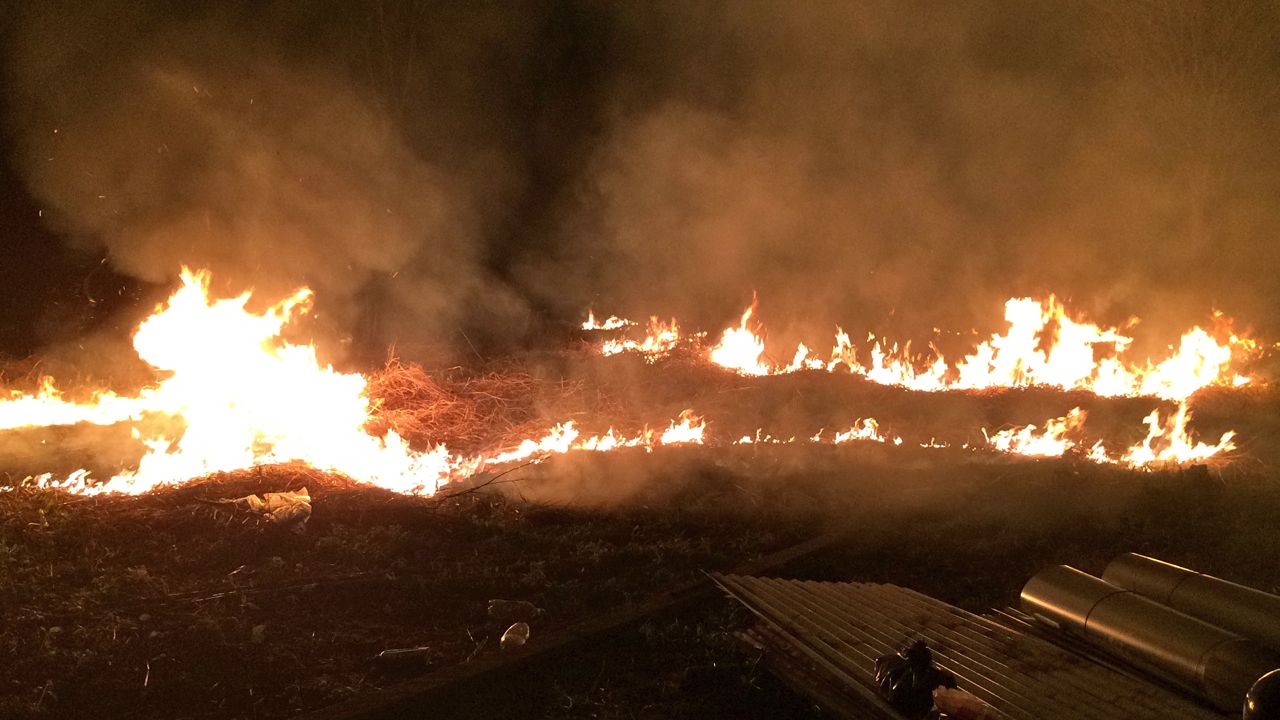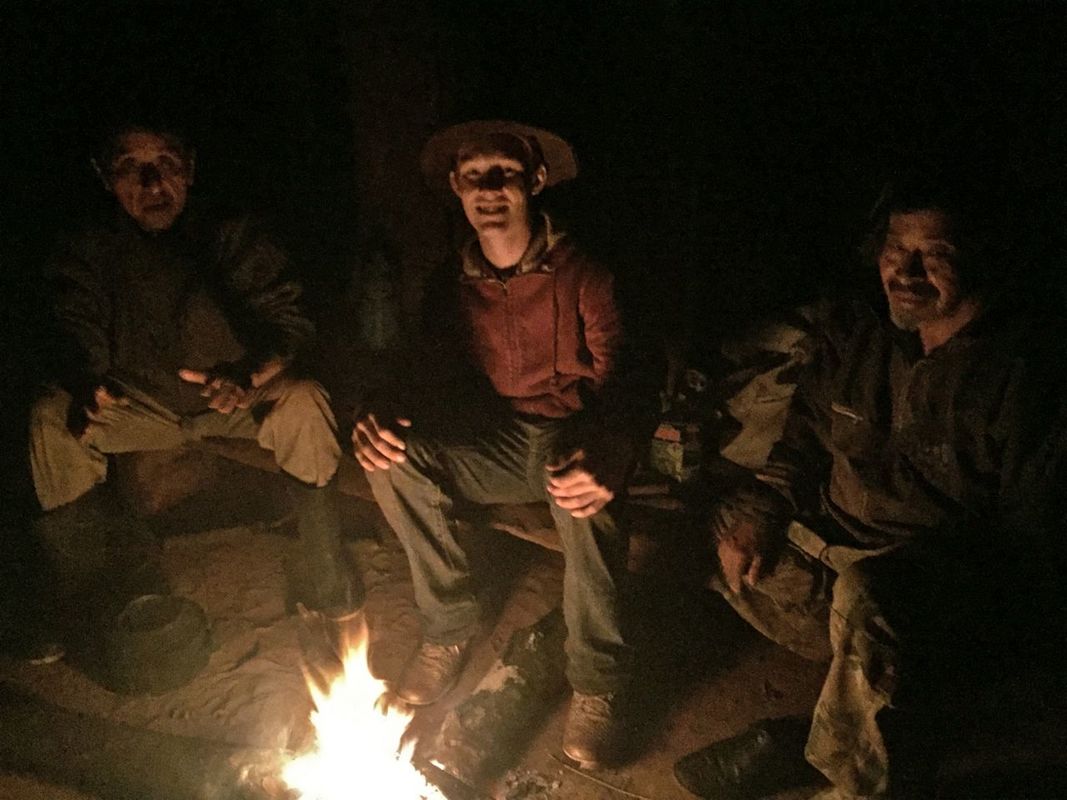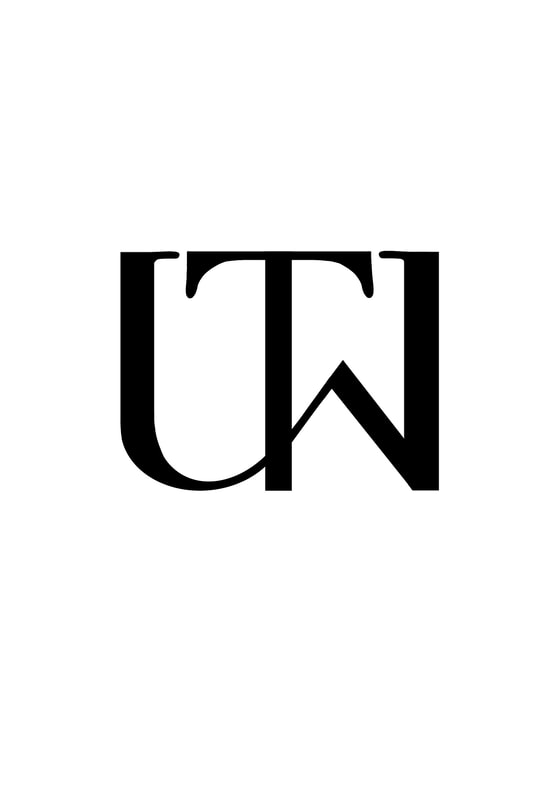|
Few things are long lasting nowadays. Just think about it for a moment. What do you have that will still be valuable and important in 10 years time? Your iPhone for example, maybe you own the iPhone 7, but in a decade or less the iPhone 7 will barely be comparable to newer phones. One exception to our constantly changing world is buildings. If well made, buildings can last for many, many years. In this blog, I'd like to share with you my experience of building a church in a remote indigenous community that had decided that Jesus was the answer to all their struggles and problems. My Dad invited me to join him for this amazing trip he was already in the middle of. Normally I stay at home and study, maintain the grass (cutting it with a weed eater takes me 15 hours to finish), and ride my horses in my free time. On this trip, however, I would go to help my dad build a church. The only problem was I would have to travel to the other side of the country by bus. By myself. It's true that many teenagers have done more independent and challenging things, but for me it was a big deal. My parents had never let me travel anywhere by myself. I'd ride my horse down the street and my dad would follow me in the car. I never went in a taxi or bus by myself before. I know a lot of missionary friends my age that travel by bus frequently in Paraguay, so I had to be able to do it too. It was just a big step for me going from "never leave our sight" to "you can go to the other side of the country if you want." I made it! I had brought with me some tools from home my dad had asked for and enough changes of clothes for 1 week, even though the trip would only take 2-4 days...we thought. In the end, it took much longer to finish the church. The next morning Pastor Cipriano, my dad, and I headed out (from the town we had stayed the night in) for the community where we would build the church. We stopped briefly at P. Cipriano's house to pick up tin roofing that God had provided through a believer (in Ciudad del Este) who donated it for the church! We also picked up two more men; one a chainsaw worker, and another who worked with a gasoline drill. There wasn't any electricity where we were going, so any machinery we used had to be gasoline-powered. We traveled slowly because our car was so loaded down with tools and tin that its suspension was crushed down to the chassis (we actually heard several wooden bridges we crossed creak and crack as the wood split and splintered under weight of the car!) On arrival in the community, we were warmly greeted by the Chief and some of his relatives. To my amazement, the plot of land that we had discussed building the church on was already cleared of brush and trees! They had also made a strip of land or "cancha" to play football (soccer) beside where the church would end up being built. The design for the building, which is crucial to any, was put together by my Grandfather who is an accomplished British Architect. He masterfully designed the church after being informed by my dad on the raw materials and tools available to us. Without his detailed drawings and well thought out design, our project would have been extremely difficult to accomplish! The building would be strong and made from hardwoods cut straight out of the jungle. After showing the Chief the plan and selecting the position for the church on the freshly cleared land, the work began. The Chief, Pastor Cipriano, and my dad started digging the first post-hole together. All three men seemed equally overjoyed to be part of this. After working hard that day digging, I set up our tent. Before we collapsed though, we were invited over to the Chief's house for a small meeting to sing worship songs in Guarani. To our amazement the 10 or so new believers (who had mostly given their lives to Christ during Karu Guasu outreaches to the community) had found a couple of songbooks in Guarani, and with the help of one believer in the village that had a guitar, had already learned many beautiful songs about Jesus and what He has done for them! We sang together several songs and I noticed how each one sang gladly, full of the joy of the Lord. Then P. Cipriano shared a very clear and simple message about how we are God's children, now that we are saved and that God is a loving father. As I mentioned earlier, there is no electricity out here so we hung a little lantern in the mango branches above to help us see each other. These meetings happened many evenings during our visit (once we couldn't have a meeting because it was raining) and were what everyone looked forward to throughout the day. The first night, there were 3 men there from the community. But by the fourth night, there were 7 men and their families with us eager to sing and learn new things from God's word. One night, after singing together, the Chief told P. Cipriano that there were some who had come for prayer for various sicknesses they had. My dad began to explain that, although it is fine to ask him to pray for the sick, as believers, we all have authority to lay hands on the sick sharing with them from Mark 16:18. Then we all prayed together for the the people who were sick stretching our hands toward them. One old man who had been sitting bent over (obviously in pain) had not sang with us any songs. After we prayed, he sang joyfully clapping his hands and sitting up straight on the bench. Even by flashlight I could see he was crying for joy because he had been healed! Each night it was dark all about our group, but inside our little log-bench circle, everyone soaked in God's beautiful presence! On the second day I accompanied the chainsaw guys into the jungle. "Jungle" The definition if you look that word up says something like this: "A wild land overgrown with dense vegetation, often nearly impenetrable, especially tropical vegetation." I would like to add to that "a place where pretty much everything is trying to kill you." From the mosquitoes that never stop diving onto you (the air was literally thick with them at dusk) to the thorny vines that entangle you and rip up your skin. The intense humidity makes you prefer being bitten by mosquitoes than suffer the heat of a hoodie. It seemed like everything except me was made to survive out here. The work in the jungle was intense. Terere (the refreshing local tea) was just as important as the gasoline for the chainsaws. I made many trips refilling bottles with gas and topping up thermoses with water from camp. One vital detail to proper terere is the water must be very cold. To keep up every one's moral I rode a dirt bike to the nearest little village shop a few times to fetch ice. As the chainsaws roared I began to talk to one of the new believers from the community. He asked me in Guarani "Nde revy'a piko ko'ápe?" "Are you happy here?" "Yes!" I replied, "where you live is very beautiful." He then said, "It makes us all full of joy when you come to visit us, and we want you to come more!" Over the next few days we became good friends. When he told me that jaguars eat lots of people out here and that I should be scared, I told him that the jaguars respect God and so they wouldn't eat me or him. One afternoon I was walking into the jungle and I spotted him busy doing something at the base of an old tree. I asked him what he was doing. He said he was getting honey from a wild bee nest. Cautiously, I came a little closer and I could see a little fire smoking, and two or three bees flying around him. He started prying at the tree with his machete and a few more bees were starting to get angry. I went to help my dad change a tire (we had taken the car into the jungle to load it up with boards and had hit a sharp stump that popped a tire on the way out). A few minutes later my friend walked up with some dripping honey comb in his hands! I asked if he got stung. "Only once on my finger" he said, as he handed me and another guy a big piece of honeycomb. The flavor was incredible and the comb was full of healthy pollen!
I ran and tried to disassemble the tent, but ended up dragging it out of the way because I didn't have time. Then I started several fires on our side of the field to give us a buffer zone when the flames came. It worked, and soon afterward the fire was over and the tent, with a bit of duct tape, was up again. Living out in the community was very eye-opening for me. They didn't have electricity so most woke up and went to sleep with the sun. Without running water the whole community relied on just one well at the Chief's house. Throughout the day many people came with bottles and tubs to fill up with water and take back to their homes. As they passed by the church site, some stopped to watch us work for a while. Soon they would be able to come here not only for natural water but for the living water of eternal life through Jesus Christ! We had brought with us supplies for lunch which the Chief's family cooked for us. There was always plenty for their family as well but with no way of storing the extra food, they sometimes ate it two or three times throughout the afternoon so that it would not be wasted. They were very grateful to have good food, and became more comfortable with us every day until we began to treat each other like family. It became clear that, at the rate we were beginning to stink, the team would need a wash soon. We drove to the river which was about a kilometer away from the Chief's house, and found a place to get down to the water. I'm not sure how much cleaner we were after washing in the stagnant murky water, but it felt great afterwards. I stepped in the red, dusty ground and noticed how white my feet were when contrasted to the dust I had stepped in.
Now the main priority was getting the wood out of the forest; the holes had already been dug for the posts. We found and hired another man with a chainsaw who helped speed the process up. After an enormous amount of effort from the new believers in the community, a rough pistol-packing man and his horse/mule cart, our car, our team, and the chainsaw masters (there had literally been blood, sweat, and tears) the trees were cut down, trails cut through the jungle, and boards and beams were collected and brought to the church site. We were seeing progress although much later than we had expected. It was day 5. Although we were not entirely prepared for all of the dynamics (such as the expenses and unpredictabilities; weather, hiring men etc. ) that surrounded this trip, we were doing it, and that, like my dad and P. Cipriano both agreed, was far better than planning and holding meetings about it for years without doing anything. The frame slowly came together. The posts (4m by 9x9in) were unimaginably heavy. It took 4-6 men all of their strength to lift them and they could only be carried several feet at a time using poles underneath. I helped move many and the weight was unbelievable. Once dropped in their 1m deep holes they were not going anywhere weighing 1,100lbs, we estimated. All the angles and joins were cut out by chainsaw, and were so skillfully cut by our team that not one was off the mark. The wood was breathtakingly beautiful and ranged in color from yellow to deep reds and golds. The church's center right post was of a rare and beautiful incense wood (quite fitting for the temple!). My friend that I had come to know helped us every day and was jokingly called by my dad the "ladder master" because he was the best out of all of us at moving our 150lb hard-wood ladder around the frame for the chainsaw guy. My dad was called by everyone “the architect” because he held and gave orders from the "strange instructions" (as they called the plans). Despite his efforts to explain that he wasn't to blame for them, everyone just wanted a laugh. On one occasion we were all trying to get an extremely heavy peice of wood into its place. My dad and I wanted to force it into place with two tightening straps. One of our team members insisted he could get it in with a three-board system he called his "Arte Paraguaya" (Paraguayan Art). In the end we used both ideas and got the beam in place perfectly. From then on anytime anyone would disagree we would laugh reflecting on that incident. We became a dedicated team. Our differences had faded away quickly and we now felt very at home with each other. Indigenous, Paraguayan, and foreigner. By this point my dad and I were exhausted. I was so tired that I ate a whole pack of chocolate wafers and drank a liter of milk just to stay awake. My dad couldn't find his phone and he asked me to help him. It was on the steering wheel 1 foot in front of him. We were tired! Finally we finished it! It was late afternoon on the 8th day when we held our first meeting in the new church. We made some benches out of left over wood and sat down on them. We sang a few songs and prayed together asking God to bless the community and the new church. We all felt a sense of accomplishment. We had built something that would last a long time and it was a real statement for the community as well. They had decided they wanted Jesus, and even though it is just a building (it still needs sides, windows and doors) they feel valued and loved and they have a place to meet together to worship God, even when it's raining. Before we left there was one thing I wanted to do. The pulley at the well squeaked loudly every time it was used. I dipped my finger in some engine oil and headed over to the well. There were several children sitting by it and they all watched me as I applied the oil to the pulley. After I put oil in all the cracks I tested it, silently pulling up a bucket full of cold water. The children couldn't believe it! Each one had to inspect it and they all took turns trying it out. Ten minutes later, I was packing up tools and I noticed they were still playing with it, laughing and giggling. This whole experience for me was unforgettable. Living in their community gave me a glimpse of their life style and how they had embraced Jesus with all of their hearts. Working with them showed me how strong and brave the men are and dismissed any lies that they are not a hardworking people. Sharing mealtimes and meeting with them to worship was so special and they truly feel like part of my family now. I'm so glad to have shared this story with you, and I hope that you feel encouraged by it. Our prayer as a family is that from this community the light will shine into the surrounding darkness of the other communities who have no hope yet. That has already been happening in incredible ways! But those things will be shared in the next post. Until then, God bless! Daniel Ratcliffe To help the Ratcliffe Family 'Go and Preach' in Paraguay or if you'd like to sponsor an Indigenous Community Church Plant, please see our 'Send Us' page and consider giving to the work of the Lord in Paraguay as He would guide you.
11 Comments
|
AuthorsPeter & Evi Ratcliffe Archives
February 2024
|


